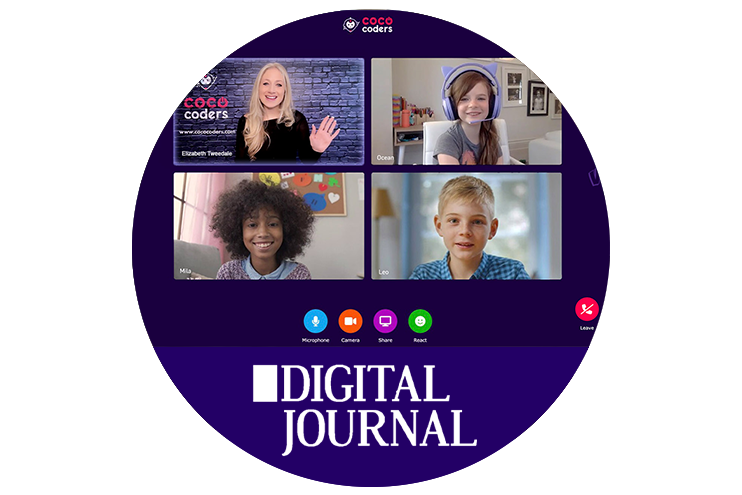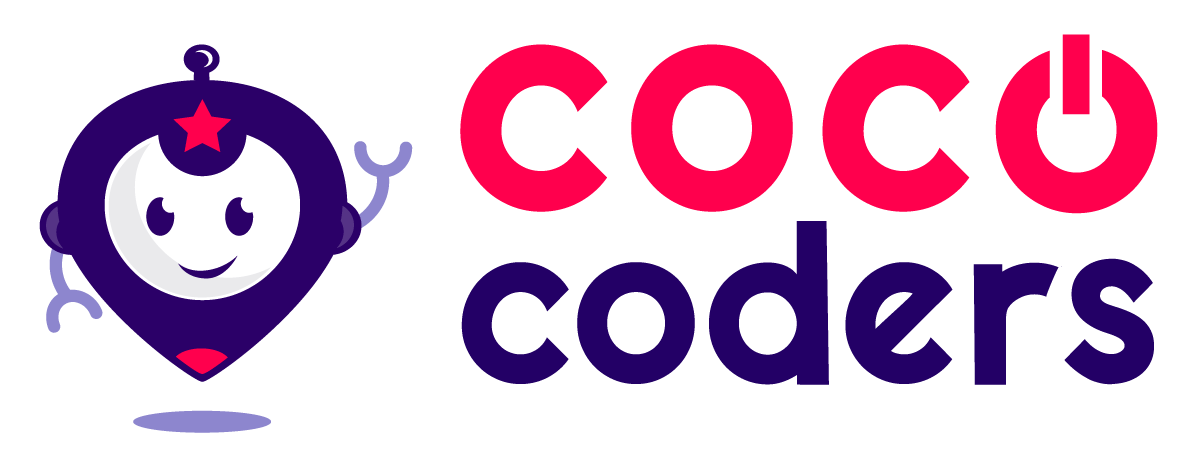
Coco Coders Empowers Tomorrow's Workforce with Early STEM Education
Employers are increasingly concerned about the availability of technical talent in the workforce. As technology advances rapidly, more industries depend on digital and technical skills.


Coco Coders: Elizabeth Tweedale’s Visionary Approach to Tech Education for Kids
The world is changing at lightning speed, and in order to keep up, education as we know it needs to include new skills beyond reading, writing, and arithmetic.

Investing in the future: Why parents are turning to Coco Coders for their children’s education
With technological advancements reshaping industries and creating new opportunities, ensuring that the next generation is equipped with essential skills has become a top priority for parents and educators.

Online Coding for Kids: Elizabeth Tweedale shakes up tech industry with Coco Coders
Award-winning entrepreneur Elizabeth Tweedale has shaken up the US tech industry by launching a live online coding school for curious and creative kids aged 6-12.

Elizabeth Tweedale is bringing one of the UK’s most successful online coding schools to the United States
Tweedale is bringing her groundbreaking program to the United States, launching Coco Coders to fill the gap that many students experience when it comes to computer science education. It is a personal mission for Tweedale and her team – a way to elevate the quality of education in the United States by giving young students the tools they will need to compete for jobs in an evolving digital landscape. In essence, Coco Coders is empowering children to build their own futures.

In conversation with…Cypher Coders’ Elizabeth Tweedale
Harvey Nash Group’s Dave Savage talks to the founder of Cypher Coders about why getting children into coding early is beneficial for all in the long run.

How do we get more women into coding? Fix how it’s taught and used
Elizabeth Tweedale, co-author of the Kids Get Coding series of books, believes “men and women often have different learning styles…men often follow a linear approach of going from A to Z when solving problems, while women often start from the problem and work backwards”. Indeed, the latter is how all good computer programmers should work.
